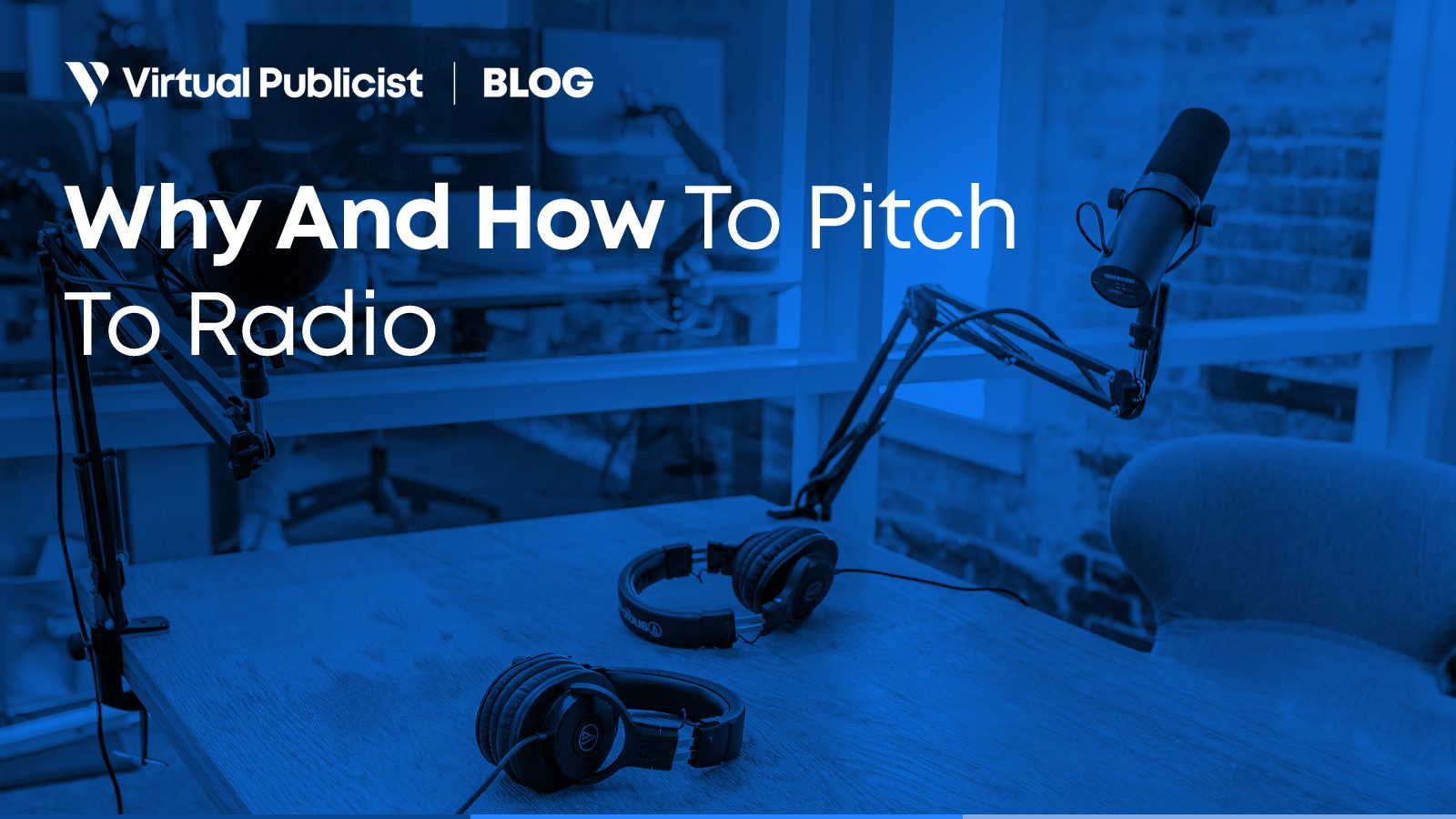Despite what you may think, radio is still very relevant. Radio is still an extremely popular medium for discovering new music and a place where niche audience curators can be found.
There is a human connection behind the concept of radio, which is why a lot of indie radio shows continue to grow their audience no matter what the market climate. The comfort of the omnipresent voice has been a huge influence on our global culture, and will probably always be present as a means of entertainment.
This is why pitching and getting your music on a radio station can be a really effective way for you to expand your reach, find new audiences, and increase your brand awareness.
Choosing the right radio outlets
First up, choose the type of radio that fits your purpose and has your ideal target audience. We advise reaching out to the university, community (non-commercial), and Web-owned radio stations first, as they have a lower threshold for accepting submissions.
A lot of the stations will have a submission form on their webpage leading to other submission portals like Music Submit, DMDS, Music Xray, etc. Through these, you can even submit your music to multiple stations!
Be sure not to waste your time pitching to companies that have a strict submission system.
Have a well-designed electronic press kit ready before you pitch to radio for indie artists
An EPK is the equivalent of a musician’s CV. it compiles all of your platforms, your story, photo ops, and insights that qualify your level in the industry. Needless to say, radio is less likely to pick you up if you are not ready, or if your existence as an artist, even an indie one, is not properly presentable to their listeners.
An EPK will typically include the following:
- Bio
- Contact information
- High-quality photos
- Music clips
- Links to released music
- The best press and reviews you’ve had so far
- Any career achievements you can list and present
This is essential in showing curators that they are committed and serious professionals. A press kit typically includes the following: bio, contact information, high-quality photos, music clips and links of released music, the best press and reviews you’ve had so far, and any achievements you can list.

Make sure you are on point with your brand message before you pitch to radio for indie artists
To align your brand with the fans, create fan personas that reflect their distinct characteristics and objectives. Maintain your attention on the brand positioning that will be catering to these personas.
The persona is there to represent your audience or at least the most common audience member you are catering to. When writing any content, ask yourself, “Is this true to my crowd’s values?”
To build your ultimate brand message, ask yourself these key questions:
- Why do I make music?
- Why do I play this style of music?
- How do I feel when I make my music?
- What is the feeling when I listen to my music?
- How do I want others to feel when they listen to my music?
You’re ready to pitch!
Contact the person from the radio station, and be polite, concise, and specific. Build connections from the get-go by asking lots of questions. Always remember to follow up on your request if you get a response, and maybe even encourage your fans on social media to start following the station.
How Virtual Publicist can Streamline the Pitch To Radio For Indie Artists
With over 35 000 radio contacts to choose from, Virtual Publicist removed most of the barriers that stand between you and a radio personality, be it college, online, or on-air.
You are still going to have to create an EPK to send them while pitching. But with audiences identified, and the geographic locations targeted, Virtual Publicist will offer you a list that is already parsed to fit your specifications and help write the perfect pitch with our AI-copywriter by your side.
